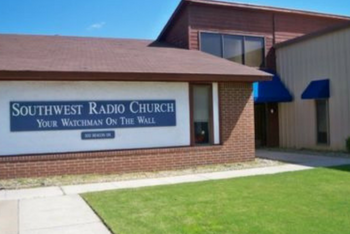
Frustrated and disappointed with church, seventeen-year-old Trevor began a years-long quest for answers. But nothing he explored seemed to satisfy his longings or answer his questions.
His journey did draw him closer to his parents. Still, he had problems with Christianity. During one discussion, he exclaimed bitterly, “The Bible is full of empty promises.”
Another man faced disappointment and hardship that fueled his doubts. But as David fled from enemies who sought to kill him, his response was not to run from God but to praise Him. “Though war break out against me, even then I will be confident,” he sang (Psalm 27:3).
Yet David’s poem still hints at doubt. His cry, “Be merciful to me and answer me” (v. 7), sounds like a man with fears and questions. “Do not hide your face from me,” David pleaded. “Do not reject me or forsake me” (v. 9).
David didn’t let his doubts paralyze him, however. Even in those doubts, he declared, “I will see the goodness of the Lord in the land of the living” (v. 13). Then he addressed his readers: you, me, and the Trevors of this world. “Wait for the Lord; be strong and take heart and wait for the Lord” (v. 14).
We won’t find fast, simple answers to our huge questions. But we will find—when we wait for Him—a God who can be trusted.
Source: Our Daily Breat

 Your Watchmen on the Wall
Your Watchmen on the Wall  Dr. James Dobson’s Family Talk
Dr. James Dobson’s Family Talk